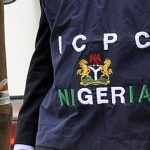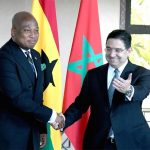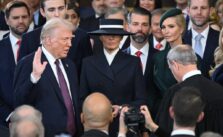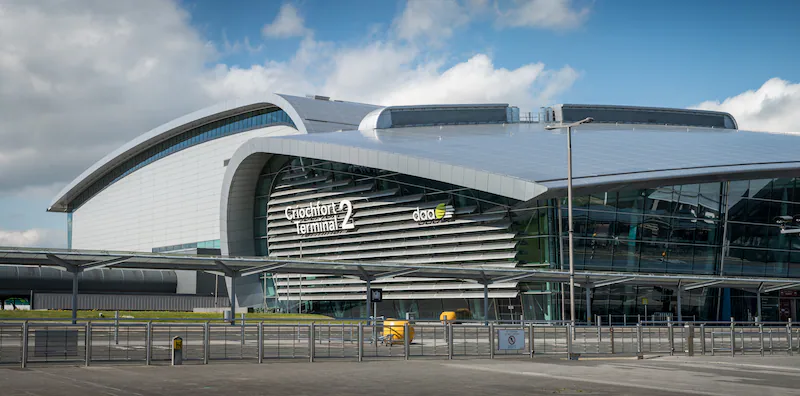Donald Trump, sworn in Monday, January 20, as the 47th President of the United States, made waves during his second inaugural address by declaring plans to “take back” the Panama Canal.
This unexpected pledge, accompanied by rhetoric targeting China’s influence in the region, immediately drew international attention and stirred diplomatic concerns.
“Above all, China is operating the Panama Canal, and we didn’t give it to China, we gave it to Panama. And we’re taking it back,” Trump said at the Capitol ceremony.
The United States transferred control of the canal to Panama in 1999 under a treaty brokered by President Jimmy Carter in 1977. Trump argued that the agreement has been violated, citing alleged unfair treatment of U.S. ships and growing Chinese activity around the vital waterway connecting the Atlantic and Pacific oceans.
“The purpose of our deal and the spirit of our treaty has been totally violated,” Trump asserted. “American ships are being severely overcharged and not treated fairly, and that includes the United States Navy.”
Panama has repeatedly denied any Chinese involvement in the canal’s operations, maintaining its sovereignty over the waterway. However, Trump’s remarks follow weeks of speculation over potential U.S. military action, fueled by comments from Secretary of State nominee Marco Rubio, who voiced concerns about China’s strategic influence in the area. “This is a legitimate issue that needs to be confronted,” Rubio said during his confirmation hearing last week.
Despite his combative statements on Panama, Trump positioned himself as a “peacemaker and unifier,” pointing to his administration’s role in implementing a Gaza ceasefire deal. “My proudest legacy will be that of a peacemaker and unifier,” he said, emphasizing his efforts to broker peace in the Middle East and pledging to push for compromises to end the war in Ukraine.
Trump also unveiled plans to intensify border security, signalling a continued hardline stance on immigration. In a symbolic move, he declared that the United States would refer to the Gulf of Mexico as the “Gulf of America.”
“America will reclaim its rightful place as the greatest, most powerful, most respected nation on Earth, inspiring the awe and admiration of the entire world,” Trump concluded.
The bold assertions in Trump’s address have raised questions about U.S. foreign policy under his administration, with analysts speculating on the implications of his Panama Canal remarks. As Trump prepares to navigate his second term, the world will be closely watching how these promises translate into action.










